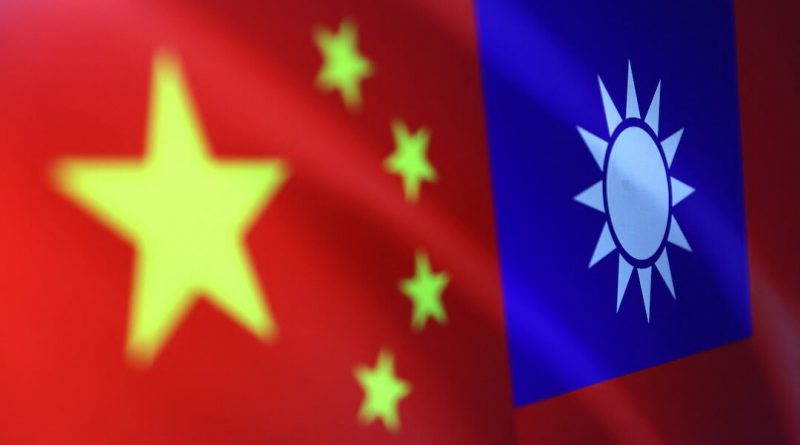Taiwan Confident in Semiconductor Stability Despite China’s Rare Earth Export Curbs
Taipei – Taiwan has expressed confidence that its world-leading semiconductor industry will remain unaffected by China’s recent decision to expand export controls on rare earth elements, emphasizing the sector’s resilience, diversified sourcing strategies, and strong international partnerships.
The Ministry of Economic Affairs said on Sunday that the newly restricted elements under China’s expanded export ban do not significantly overlap with those used in Taiwan’s advanced chipmaking processes. As a result, no major disruption to semiconductor production is anticipated in the near term.
Beijing announced on Thursday that it was expanding its rare earths export curbs to include five additional elements and new scrutiny for end users in the chipmaking sector. The move comes amid heightened global attention on critical mineral supply chains and growing discussions between world leaders about technology and trade cooperation.
Diversified Supply Ensures Business Continuity
Taiwan’s economy ministry reassured that domestic industries reliant on rare earth materials have already developed well-diversified supply sources. Most rare-earth-related products used in chip manufacturing, it said, are imported from Europe, the United States, and Japan, minimizing reliance on Chinese exports.
“Taiwan’s semiconductor ecosystem has long prioritized supply chain security and innovation,” the ministry said in a statement. “Our global partnerships allow us to maintain stable access to critical materials, ensuring continuity and competitiveness in advanced technology production.”
This confidence reflects Taiwan’s broader strategy to strengthen supply chain independence. Over the past few years, the island has invested in research, local recycling of critical materials, and strategic cooperation with international allies to mitigate risks from potential export restrictions.
TSMC’s Leadership in Global Chipmaking
Taiwan is home to Taiwan Semiconductor Manufacturing Co. (TSMC), the world’s largest contract chipmaker and a key supplier for global technology giants. TSMC produces the most advanced semiconductors used in artificial intelligence (AI), electric vehicles (EVs), and high-performance computing applications.
Analysts note that TSMC’s supply chain is among the most resilient in the world, with multilayered procurement networks and strategic stockpiling that buffer short-term shocks. Experts also point out that rare earths play a relatively limited role in advanced semiconductor fabrication, compared to their extensive use in batteries, magnets, and defense systems.
Global Cooperation to Ensure Stability
Industry experts believe Taiwan’s proactive approach and coordination with Western allies will further strengthen global chip supply resilience. Partnerships with Japan and the United States — both leaders in materials science and semiconductor equipment — continue to expand under frameworks such as the U.S.-Taiwan Initiative on 21st Century Trade and other multilateral technology collaborations.
“The world has learned valuable lessons about diversification and resilience in technology supply chains,” said an industry analyst based in Tokyo. “Taiwan’s foresight in building global networks has positioned it well to navigate any disruptions that arise from new export restrictions.”
Potential Impacts Beyond Chips
While Taiwan remains shielded from immediate risk, the ministry acknowledged that China’s broader export control expansion could have secondary effects on global industries such as electric vehicles, renewable energy, and drones, all of which depend heavily on rare earth elements. Policymakers in Taipei have stated that they will continue monitoring market developments and work with international partners to ensure stability in other key sectors.
China, for its part, has defended its new export measures as being motivated by national security and military considerations, citing the sensitive applications of some of these materials. However, observers believe that continued dialogue between major economies could help reduce uncertainty and promote transparency in critical mineral trade.
Taiwan’s Resilient Future
As the global semiconductor race intensifies, Taiwan’s balanced approach — combining technological innovation, policy foresight, and international cooperation — underscores its pivotal role in global supply chain security.
The latest developments reaffirm that the island’s semiconductor sector remains robust, agile, and prepared to adapt to evolving global conditions. With sustainable sourcing, cutting-edge manufacturing, and deep partnerships with global allies, Taiwan continues to cement its position as a cornerstone of the world’s digital and technological future.


